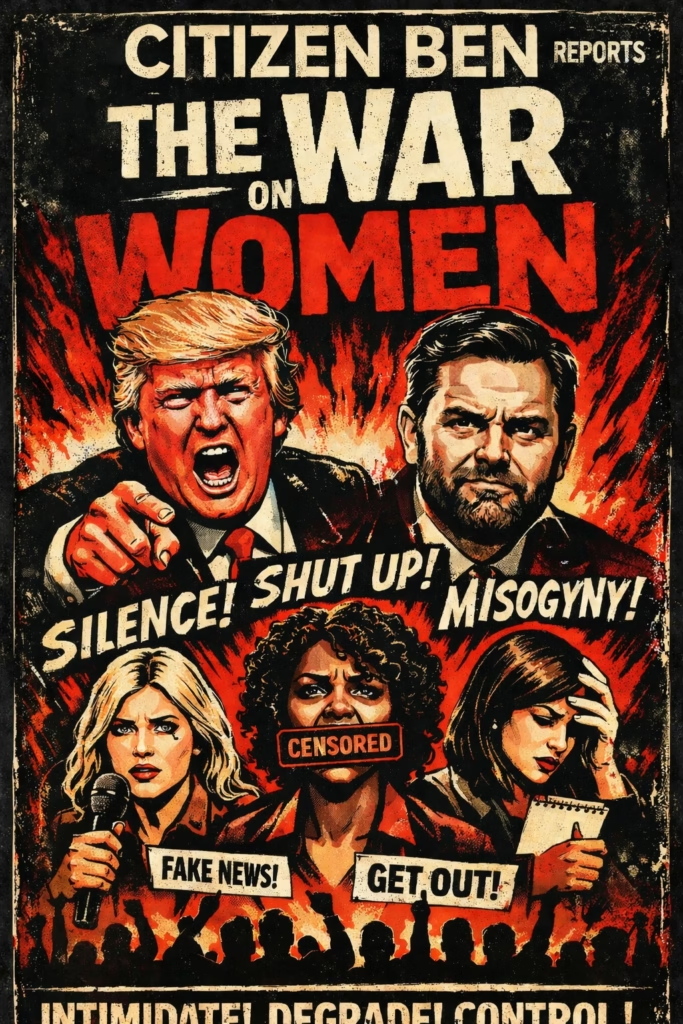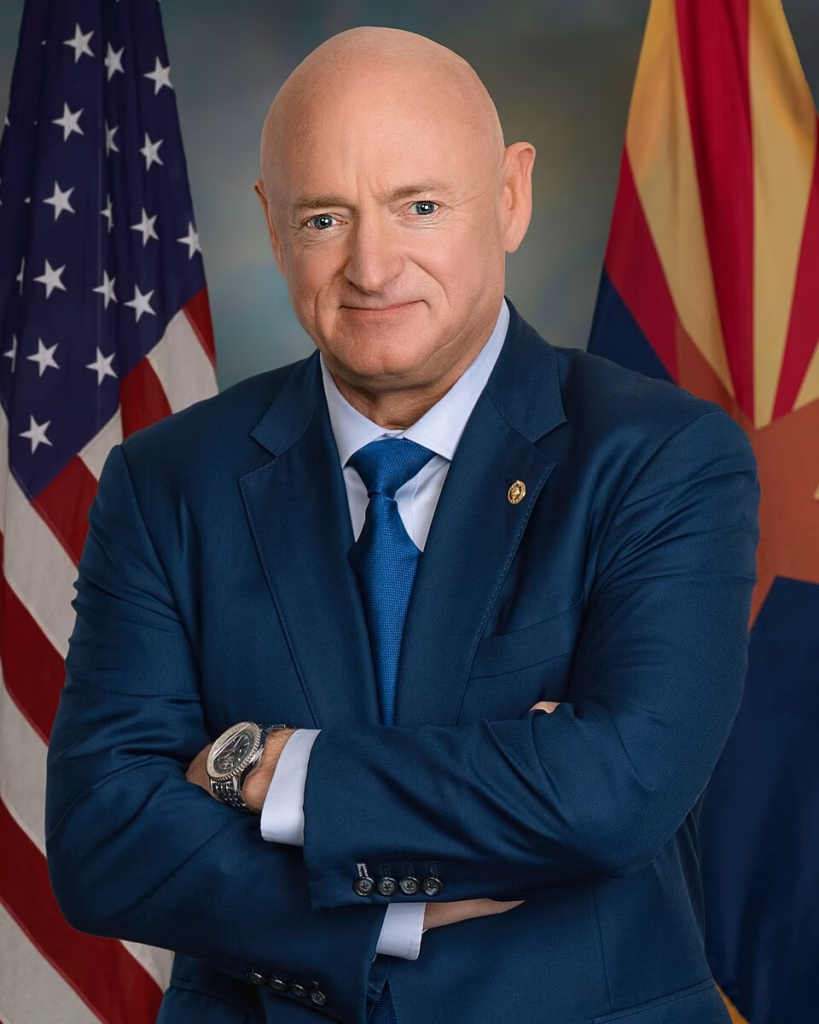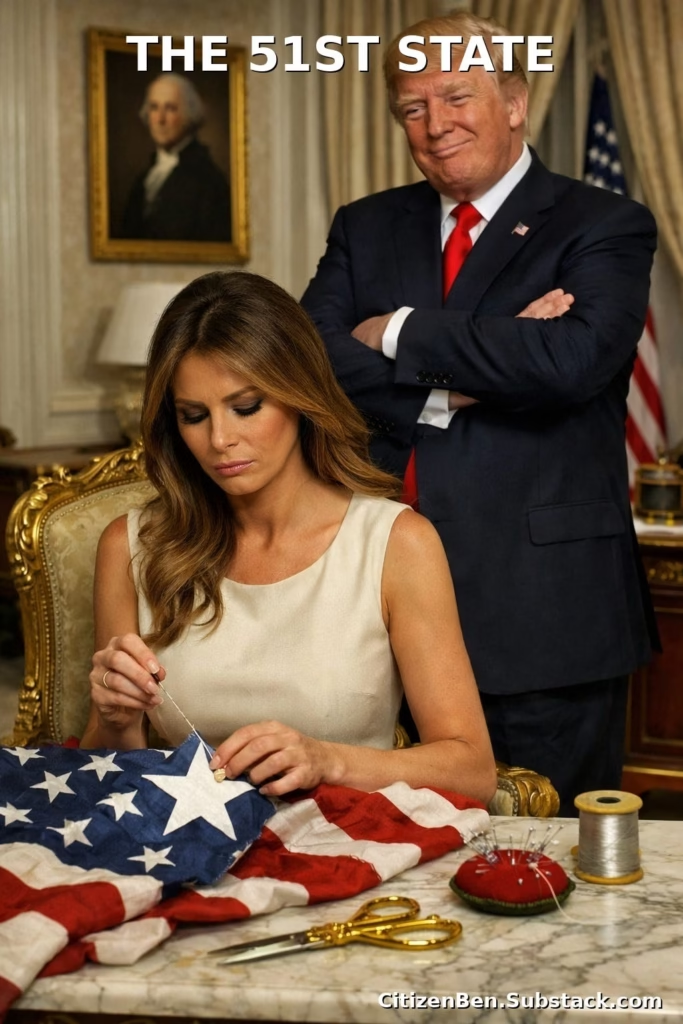Autocracy Compared to the U.S. Today
By Ben Cable (BENCABLE.SUBTACK.COM)
Let’s talk about autocracy, what it looks like and how it compares to the United States today.
An autocracy is a system of government where one person or a small group holds absolute power, with little to no checks and balances. Citizens have limited political freedoms, and dissent is often suppressed. Think of places like North Korea, where Kim Jong Un rules with an iron fist, or Russia under Putin who started his 6th term last year, where opposition leaders mysteriously disappear or end up in prison. Note, President Trump said he is seriously considering a 3rd term, which would be unconstitutional.

How Does Autocracy Compare to the U.S. Today?
Now, the United States is a democracy, messy, frustrating, but still a democracy. We have elections, courts, and institutions meant to keep power in check. But even in democratic systems, autocratic tendencies can creep in. I like bullet points, so let’s try it this way and see how the U.S. stacks up:
1. Free & Fair Elections?
- In an autocracy: Elections (if they happen at all) are rigged, opposition is silenced, and the outcome is often predetermined.
- In the U.S.: Elections are still competitive, but there have been increasing concerns about voter suppression, gerrymandering, and trust in election integrity.
2. Freedom of the Press?
- In an autocracy: The government controls the media, and independent journalists are jailed or even killed.
- In the U.S.: The press is still free, but media consolidation, political influence, and accusations of “fake news” have created the desired effect of deep public mistrust of “mainstream” media.
3. Political Dissent?
- In an autocracy: Protests are met with brutal crackdowns, opposition leaders are imprisoned, and free speech is severely restricted.
- In the U.S.: Protests happen regularly, but the way they’re handled varies. Some protests face heavy policing, while others don’t. Laws around protests and online speech are also shifting, which smells of government overreach.
4. Separation of Powers?
- In an autocracy: Courts and legislatures are puppets of the ruling power. Laws change to benefit the leader(s), not the people.
- In the U.S.: Courts still function independently, but the increasing partisanship of judicial appointments has people questioning whether justice is becoming too political. Also, the ridiculous amount of money and luxury gifts to Supreme Court Justice Clarence Thomas and Justice Roberts come to mind. How impartial can these appointments to the bench be?
So, Are We an Autocracy?
No, but there are warning signs that concern people on both sides of the political spectrum. Autocracy doesn’t happen overnight; it normally creeps in slowly when power becomes too centralized, when leaders refuse to accept election results, or when institutions meant to check power get eroded. The speed in which autocracy is seeping into our political system here in the United States is concerning.
What do you think? Are you seeing signs of democratic backsliding, or do you think the concerns are overblown?
1. Executive Overreach: The “Imperial Presidency”
President Trump has embraced a broad interpretation of executive power, often bypassing Congress and the judiciary. His unilateral imposition of global trade tariffs and the dismissal of civil servants who oppose his directives exemplify this trend. Critics argue that such actions undermine the system of checks and balances, edging the presidency closer to monarchical rule.
Because who needs a balanced government when you can have all the power in one place?
2. Suppression of Dissent: Deportations and Crackdowns
The administration has targeted individuals and groups expressing dissent. For instance, the deportation of Turkish PhD student Rumeysa Ozturk, accused without concrete evidence of pro-Hamas activities, highlights the use of federal power to silence opposition. These incidents reflect a broader pattern of suppressing civil liberties under the guise of national security.
Free speech is welcome, as long as it’s the right kind of free speech.
3. Undermining Independent Agencies
Efforts to exert control over independent agencies have intensified. The administration’s push to eliminate diversity, equity, and inclusion (DEI) programs within federal agencies, leading to mass firings and reassignments, demonstrates a desire to centralize authority and diminish institutional independence.
Nothing says “efficient government” like firing everyone who disagrees with you.
4. Attacks on the Judiciary
President Trump has publicly criticized judges who oppose his policies, even suggesting impeachment for those ruling against his administration. This undermines judicial independence and poses a threat to the constitutional balance of powers.
Why have independent judges when they can just agree with the executive branch?
5. Militarization and Use of Force
The administration has shown a willingness to deploy military force for domestic law enforcement purposes. The proposed use of the Insurrection Act to suppress protests and civil unrest reflects a troubling inclination toward authoritarian methods of maintaining order.
Because nothing calms a peaceful protest like the National Guard.
6. Targeting Marginalized Communities
Policies have increasingly targeted marginalized groups. The reactivation of the 1798 Alien Enemies Act to detain and deport individuals deemed insubordinate, often without due process, exemplifies the creation of a domestic caste system where certain populations are stripped of their rights. Careful, if they are going after your teacher, your neighbor, your coworker, the likelihood they can come for you gets greater. If you have seen examples of people targeted for their dissenting views on the news, then it is already having their desired impact on your likelihood of speaking out because you may face a similar response from the powers that be.
Equal rights for all—unless we decide otherwise.
7. Project 2025: A Blueprint for Autocracy
The administration’s Project 2025 outlines plans to dismantle checks and balances, replace expert civil servants with political loyalists, and impose extreme policies. This frightening blueprint is consolidating power and eroding once established democratic institutions.
Who needs democracy when you have a well-crafted plan for autocracy?
Parting Words
While the United States maintains the facade of democratic institutions, recent actions under President Trump’s second administration exhibit clear autocratic tendencies. The concentration of power, suppression of dissent, undermining of independent agencies, and targeting of marginalized communities signal a departure from democratic norms.
It’s essential for citizens to remain vigilant, engaged and stand-up to safeguard the democratic principles upon which the United States was founded.
After all, democracy is so last century.
-Ben






